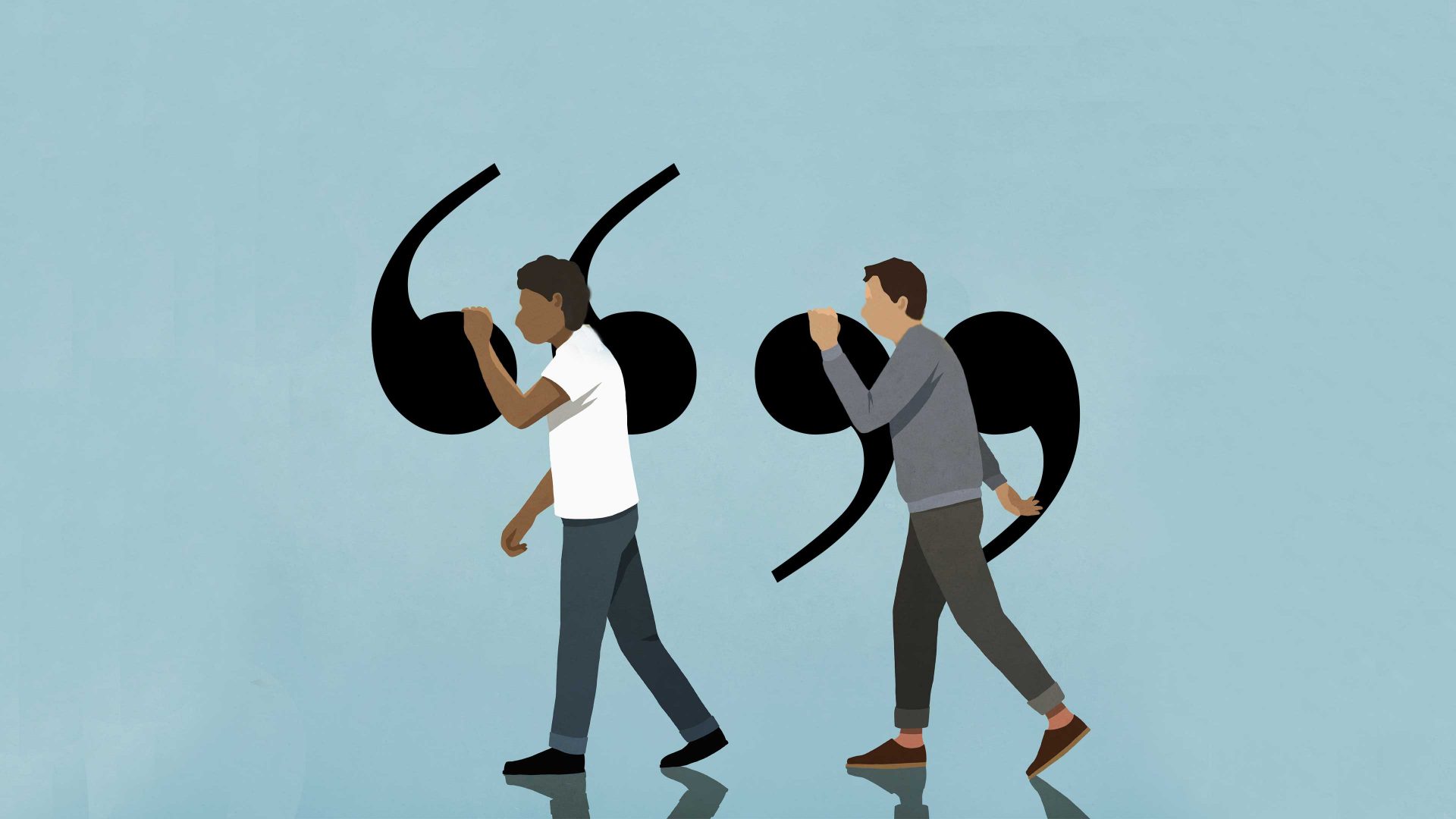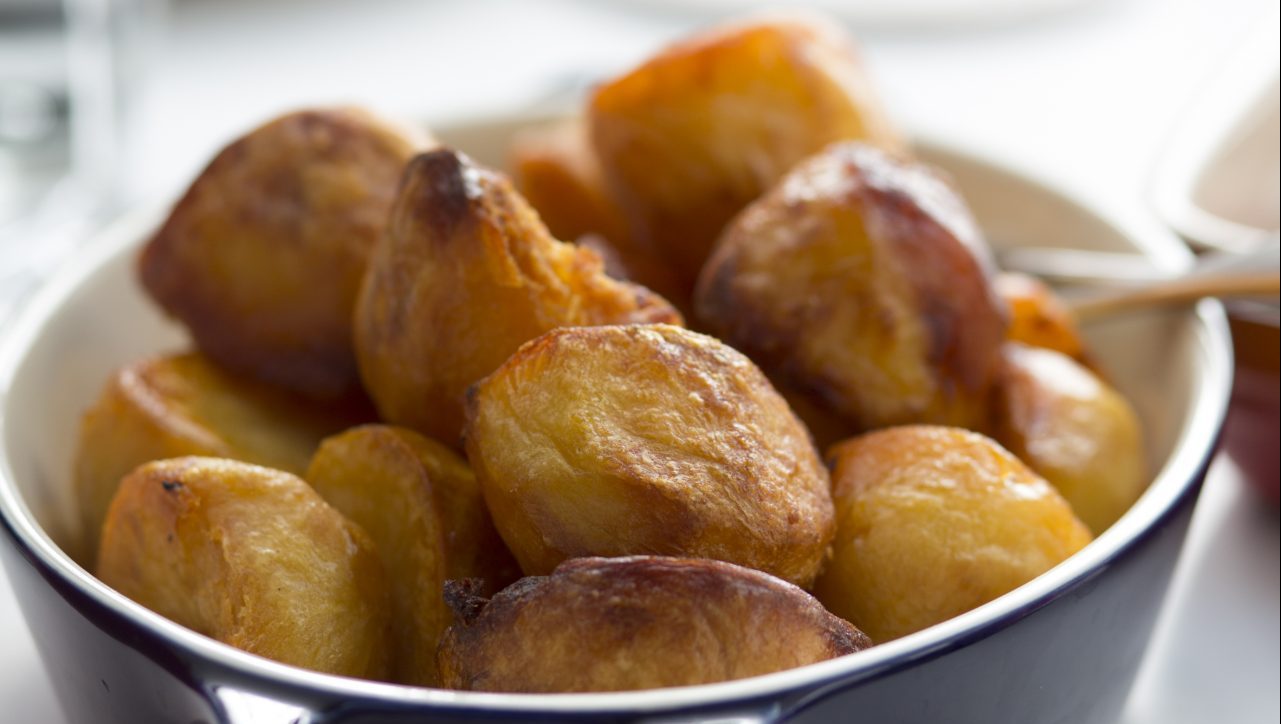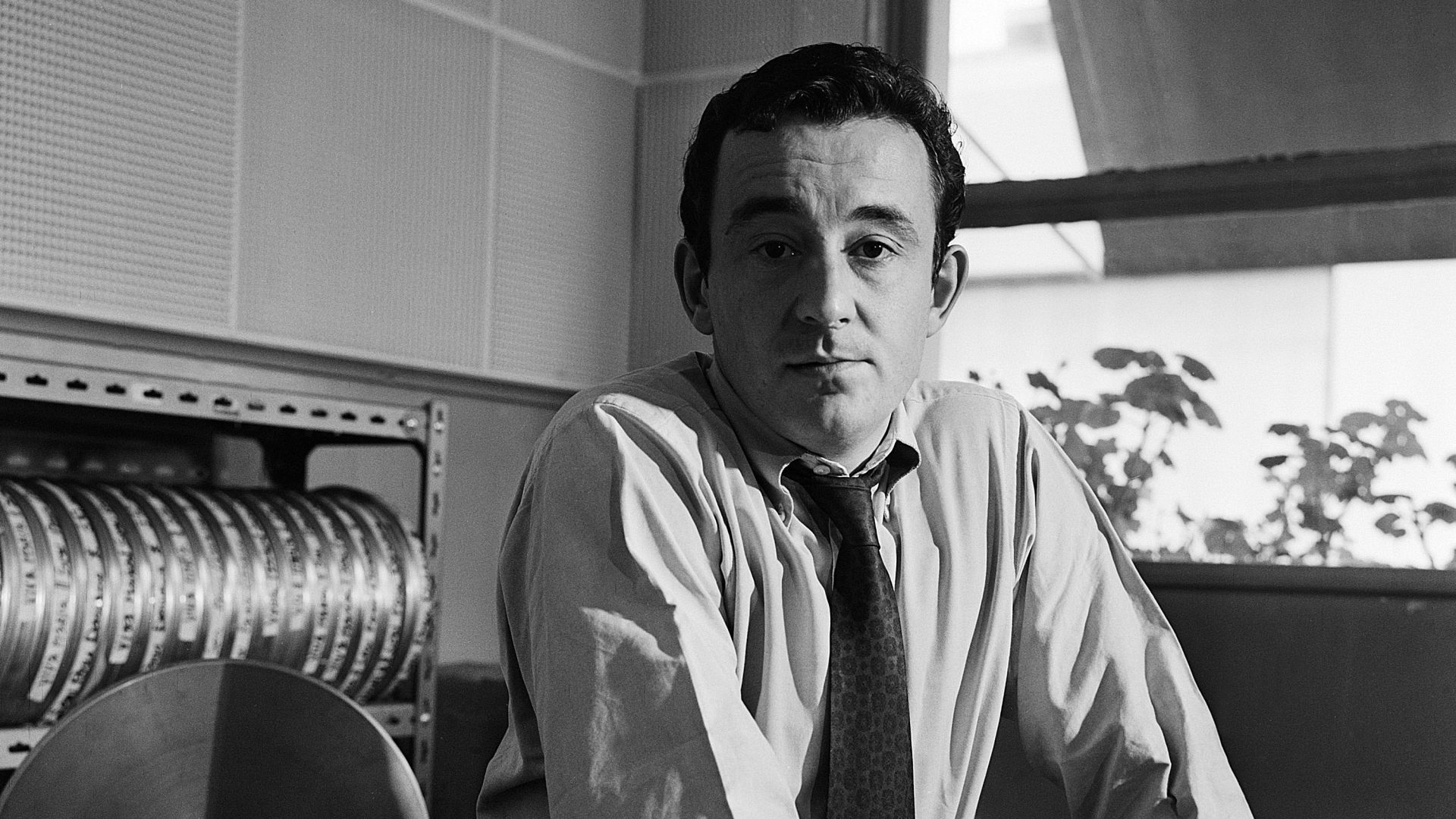It is rather striking that the official language of Pakistan, Urdu, is not indigenous to the country. Urdu is the native tongue of less than 10% of the population, and most of those are either Muslims who left India at the time of partition in 1947 or their descendants.
Many native Urdu speakers now live in Pakistan’s largest city, Karachi, or elsewhere in the province of Sindh where the indigenous language is Sindhi. Some Sindhi speakers are rather resentful about this partial replacement by incomers of Sindhi, the chief provincial language, by Urdu.
Urdu is basically the same language as Hindi, and the two are sometimes referred to collectively as Hindi-Urdu or Hindustani. Urdu and Hindi are entirely mutually intelligible at the level of everyday speech. The BBC Asian network airs programmes which are described as being “in Hindi and Urdu”, but this does not involve any alternation between announcers or other personnel.
The formal and written varieties of these languages, on the other hand, are significantly different: Urdu is written in a Perso-Arabic script, while Hindi uses the Devanagari script. And, while Hindi takes much of its formal and technical vocabulary from the ancient Indian language Sanskrit, Urdu has adopted much of its learned vocabulary from Persian and some from Arabic.
English has borrowed a number of words from Hindustani. Some of them have come into English along the high road, so to speak: we have acquired a number of learned words like avatar, mantra, and nirvana – some of them originally coming from Sanskrit.
Other, rather more everyday borrowings from Hindustani into English include veranda (which was probably originally from Portuguese), bungalow, pajama and shampoo.
Yet other Urdu-Hindi words have entered our language very much along the low road: as slang (ie very colloquial) items which often arrived with British Indian Army soldiers returning from India, not only at the end of the second world war but also during the 19th century.
One word of this type is dekko. When I was at school it was common for boys to say “Give us a dekko!” meaning “Let me have a look at that”. The first appearance of deko or dekho in print in English was in 1894; it comes from Hindustani dekho! “Look!”, which is the imperative form of the verb of dekhnā “to look”.
Cushy is another word of Hindustani origin which came into colloquial English via Indian army slang. Its original source seems to be Persian, where xušī means “pleasure, convenience”. In English, cushy was originally used to refer to a job which required little or no effort, especially if it was very well paid or came with many benefits.
Blighty in the sense of “Britain, England, British Isles, home” became a very well-known word in this country. This slang term is nowadays mostly used ironically or humorously, but during the first world war it had its sombre side: “a Blighty” was a wound serious enough to get a soldier shipped back to hospital in England, but not severe enough to cause a permanent or disabling injury. “Dear Old Blighty” was a common sentimental reference used by homesick soldiers in the trenches. The word derives from Hindustani Viletī, meaning “foreign”, which later came to mean “European”, and then “British, English” during the time of the British Raj.
Nirvana
Originally a term associated with Buddhism, Jainism and Hinduism, this has now come, in colloquial English usage, to mean something like “a state of oblivion or perfect happiness; an idyllic place or condition”. It was also of course the name of a well-known American rock group.




